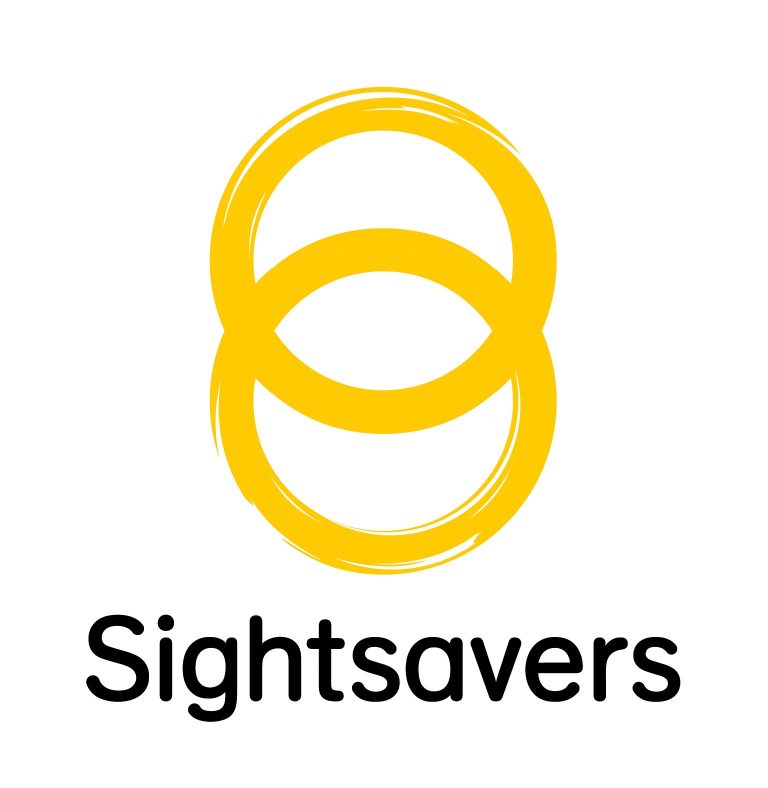Sightsavers Nigeria, an international non-governmental organisation (NGO), has revealed that more than 4.25 million Nigerians are currently living with blindness or visual impairment.
Ms. Barbara Marok, the organisation’s Eye Health Programme Officer, disclosed this on Thursday during a media engagement meeting held in Keffi, Nasarawa State.
Marok said many of the cases stem from preventable or treatable conditions such as cataracts, glaucoma, and uncorrected refractive errors.
“More than 4.2 million Nigerians are blind or visually impaired, many due to preventable or treatable conditions like cataracts, glaucoma, and refractive errors,” she stated.
“Only 4.4 per cent of Nigerians currently have access to eye health care services, compared to 38 per cent in middle-income countries,” she added.
She stressed the need for increased awareness and investment in eye health services, particularly in rural communities where access to quality eye care remains a major challenge.
According to her, Nigeria loses billions of naira annually due to poor vision—a situation that significantly hampers productivity, income generation, and educational outcomes.
Speaking also, Ms. Folake Aliu, Senior Monitoring, Evaluation and Learning Manager, as well as Safeguarding Lead for Sightsavers Nigeria’s Neglected Tropical Diseases (NTDs) Programme, said Nigeria bears about 25 per cent of Africa’s NTD burden.
Aliu explained that some of the leading causes of blindness—including cataracts, glaucoma, and uncorrected refractive errors—are largely preventable. She noted that Sightsavers is actively tackling the five most prevalent NTDs: lymphatic filariasis (elephantiasis), river blindness (onchocerciasis), trachoma, intestinal worms, and schistosomiasis.
“As of 2024, Sightsavers has ensured that more than 653 million people have access to NTD treatment globally,” she said.
“We have also supported 74 Local Government Areas in Nigeria to reach the trachoma elimination threshold and provided up to 80 per cent support for trachoma elimination efforts nationwide.”
Aliu, however, identified insecurity, inadequate government ownership, funding gaps, and ineffective programme implementation as key challenges hindering the elimination of NTDs in Nigeria.
Declaring the meeting open, the Country Director of Sightsavers Nigeria, Prof. Joy Shuaibu, said the engagement aimed to empower journalists to amplify the ongoing fight against avoidable blindness in the country.
Shuaibu, who was represented by Mrs. Anita Gwong, Project Director for NTDs at Sightsavers, disclosed that the organisation’s interventions have positively impacted about 60 per cent of Nigeria’s population.
She urged the media to raise public awareness on NTD-related issues, advocate for stronger government ownership of health programmes, bridge funding gaps, and promote policies that improve access to healthcare and education for persons with disabilities (PWDs).
Speaking on social inclusion, Ms. Esther Bature, Advocacy Coordinator of Sightsavers Nigeria, lamented the persistent discrimination faced by PWDs, which she said continues to limit their access to healthcare, education, and other essential services.
Bature highlighted that through various inclusive programmes—such as Support Mainstreaming Inclusion to all Learn Equally (SMILE), the Inclusive Family Planning Project, Inclusion Works II, and GESP-SABI Woman—the organisation has continued to promote social inclusion and equal opportunities for all.


